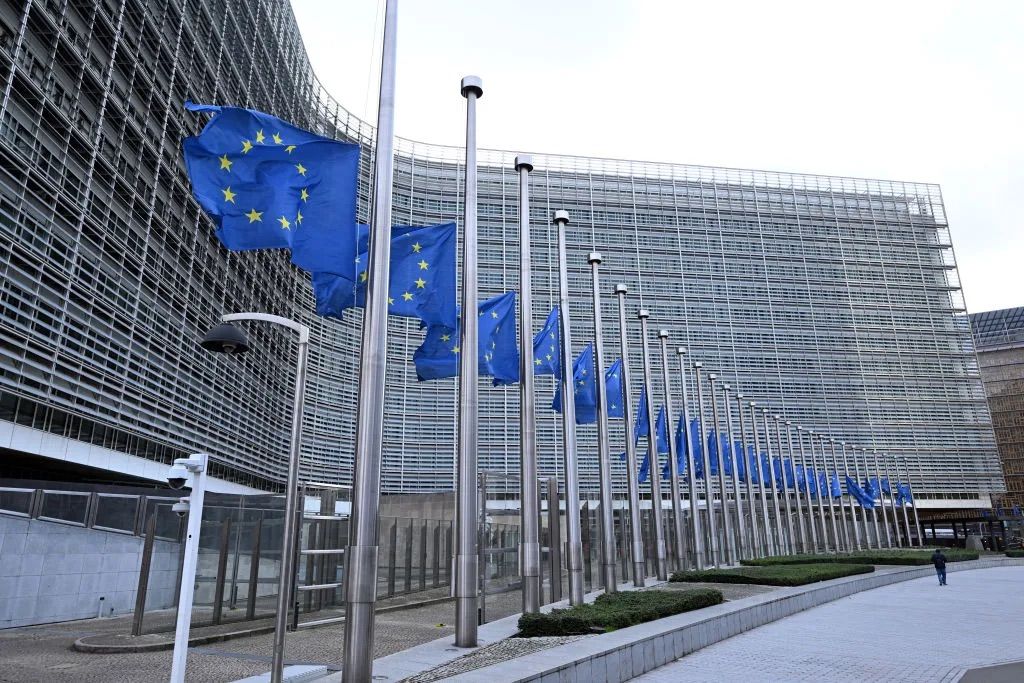FT: Hungary holding up EU's use of frozen Russian assets for Ukrainian defense

Hungary is holding up legislation that would allow the European Union to send billions of dollars in profits from frozen Russian assets for Ukrainian aid, the Financial Times reported.
In March, the European Commission submitted a proposal on using 90% of the generated funds from the frozen assets to purchase weapons for Ukraine and allocate the remaining 10% to the EU budget to support the country's defense industry.
After many weeks of debates, EU ambassadors reached a political agreement on the proposal on May 8.
But Hungary's envoy is preventing legislation that would allow payments to be fast-tracked, according to five people who were briefed on a meeting of EU ambassadors, the FT reported.
“For the time being they are blocking everything connected to military support to Ukraine,” one told the FT, suggesting that the situation wouldn't change before next month's European elections.
The EU Council finalized the agreement on May 21 to provide Ukraine with between 2.5 billion and 3 billion euros ($2.7-3.26 billion) annually, with most of it allocated to Kyiv's military needs.
The European Commission also announced that the "resources will be available to support Ukraine starting from July 2024, with bi-annual payments."
According to the FT, officials persuaded Hungary not to veto the agreement by guaranteeing that Hungary's portion of the funding would not be used to buy weapons. However, Hungary is still failing to back the legislation needed to implement it, over concerns that payments would be automatic and not require unanimous support for each individual payment.











